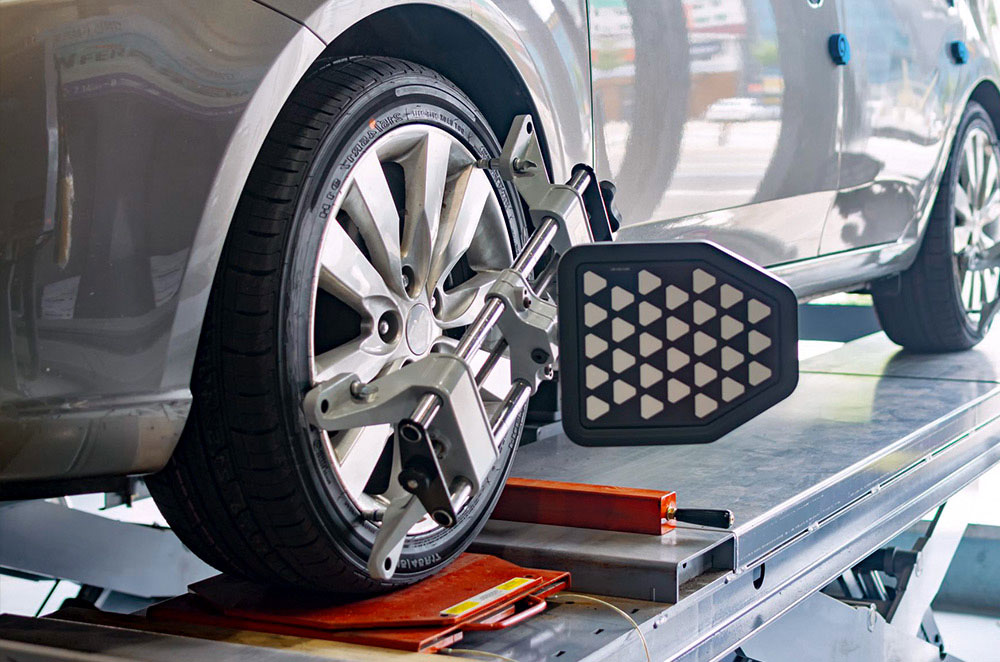


One of the most common questions that arise after purchasing new tires is whether or not an alignment is necessary. Alignments are often recommended by tire professionals, but do you really need one? Let's explore the importance of alignments after getting new tires and help you make an informed decision.
Before delving into the necessity of alignments, let's quickly review what wheel alignment entails. Wheel alignment refers to adjusting the angles of the wheels to ensure they are perpendicular to the ground and parallel to each other. Proper alignment is crucial for optimal tire performance, even tread wear, and maintaining overall vehicle stability.

While the necessity of an alignment may depend on various factors, it is generally recommended to have your wheels aligned after installing new tires. When new tires are installed, the tire technician will remove the old tires, break the bead seal, and mount the new ones. This process can disturb the wheel alignment settings. Even slight changes can have an impact on your vehicle's performance and tire wear patterns.
New tires are typically installed with the assumption that your wheels are properly aligned. If your wheels are misaligned, the new tires may start to wear unevenly right from the beginning, resulting in a shortened lifespan. Getting an alignment after new tire installation ensures that your vehicle drives straight and true, improving both safety and performance. It gives you peace of mind knowing that your tires are wearing evenly, providing optimal grip, and minimizing the risk of accidents caused by steering imbalances.
While it might seem like an additional expense, getting a wheel alignment after installing new tires is a worthwhile investment. It helps preserve tire life, improves fuel efficiency, enhances vehicle handling, and reduces strain on suspension components. By ensuring your wheels are properly aligned, you can maximize the performance and longevity of your tires, ultimately saving you money in the long run. Consult with a professional tire service provider to assess your specific situation and determine whether an alignment is necessary for your vehicle.